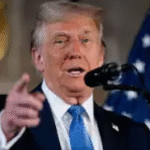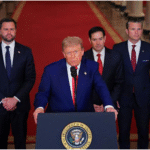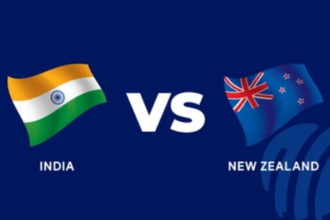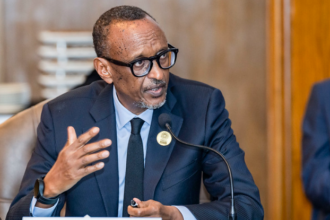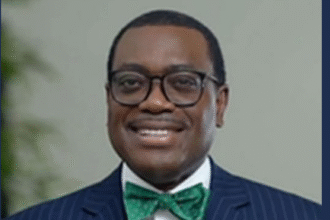By Emily Sims
Washington D.C. – The United States Department of State has announced a significant expansion of its visa screening process, requiring applicants for student (F and M) and exchange visitor (J) visas to make their social media profiles publicly accessible for review. The new policy aims to bolster national security and public safety by providing a more comprehensive background check on individuals seeking to enter the country for educational purposes.
According to a statement released Saturday, June 21st, the Department of State emphasized that obtaining a US visa is a privilege, not a right. The new measures are intended to identify individuals who may be inadmissible to the United States, including those who could pose potential security threats.

Under the directive, applicants for F, M, and J nonimmigrant visas will be required to adjust their social media privacy settings to ‘public’ to ensure that US embassies and consulates can conduct thorough vetting of their online activity. This will allow officials to examine posts, connections, and other publicly available information to assess the applicant’s potential risk.
The embassy indicated that scheduling for F, M, and J visa interviews will resume soon, with prospective applicants encouraged to regularly check the embassy or consulate websites for appointment availability. It is crucial that applicants are prepared to demonstrate their eligibility for the visa and that their intended activities align with the visa’s terms.
“The United States must remain vigilant in the visa process to ensure applicants do not pose a threat to Americans or national interests and that they clearly demonstrate their eligibility and intent to engage in activities consistent with their visa terms,” the statement read.
The Department of State stressed that every visa decision is a matter of national security and that the new screening process is a vital step in safeguarding the country. The policy is likely to draw scrutiny and debate, raising concerns about privacy and potential biases in the evaluation process. However, the US government maintains that these measures are necessary to protect national interests and ensure the safety of its citizens.



